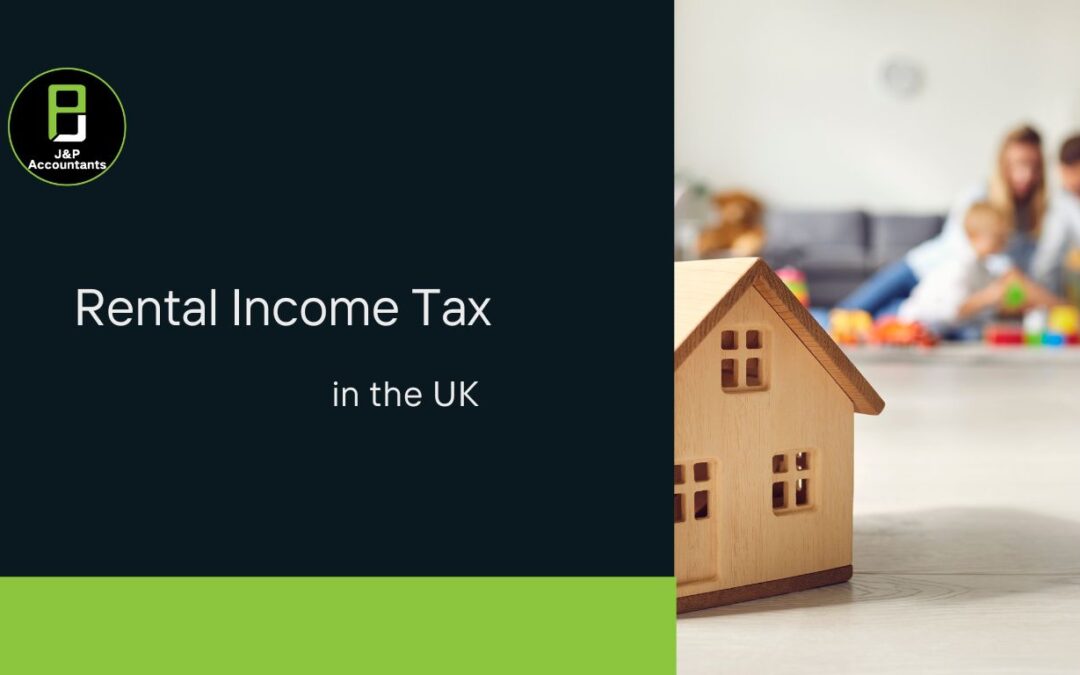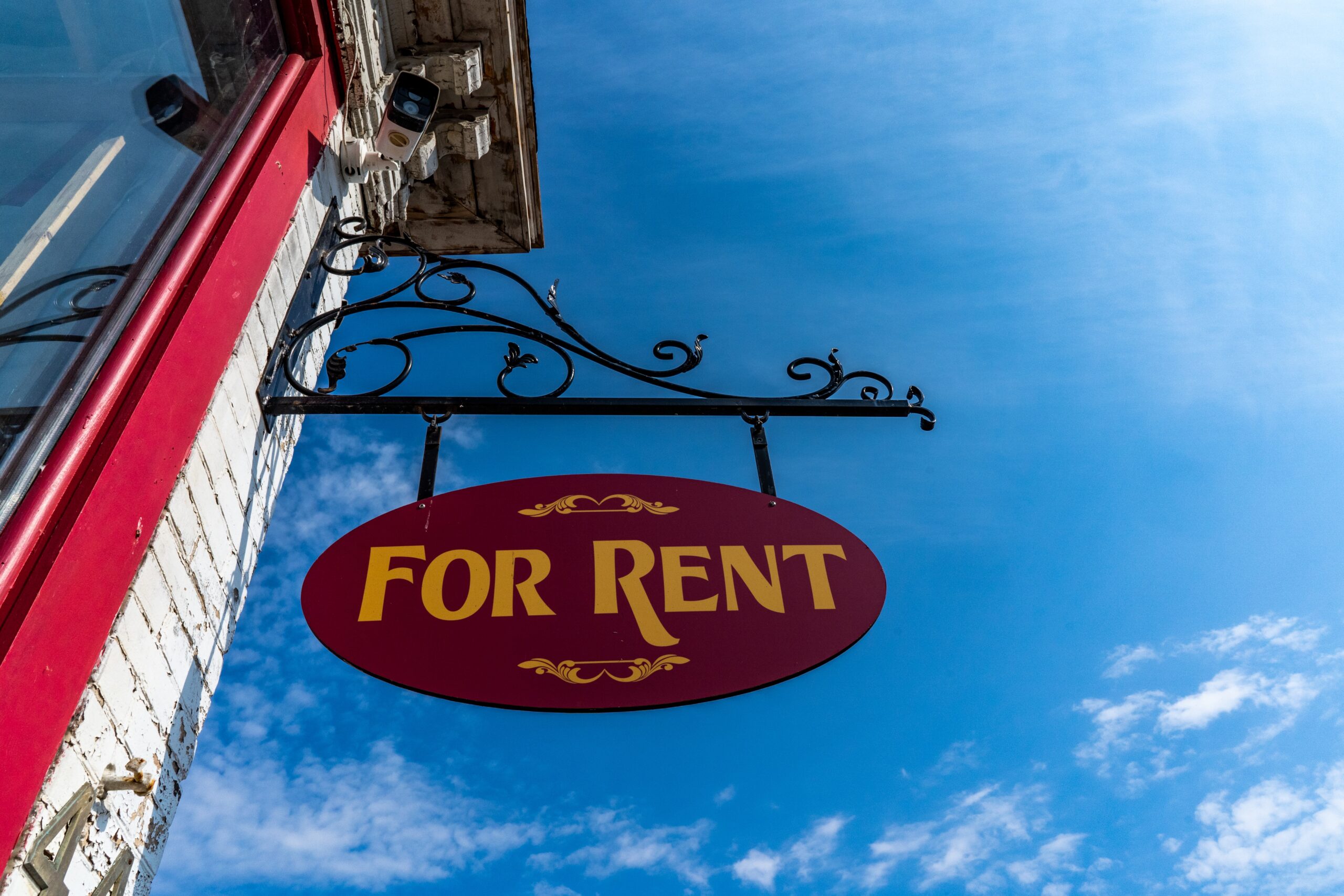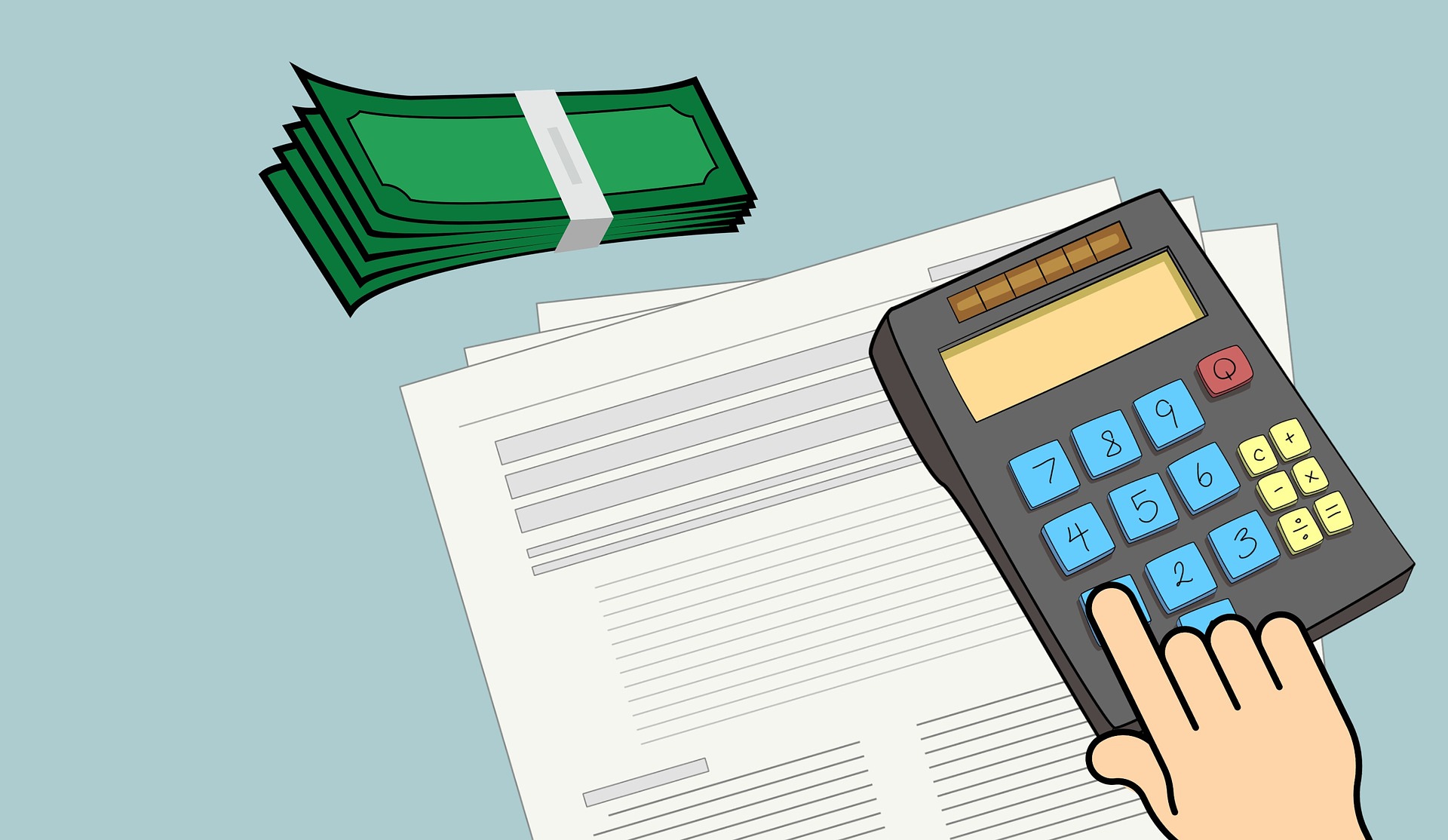Investing in real estate is a favored investment option, especially in the United Kingdom.
As a landlord, it’s essential to consider not only rental income and property maintenance costs but also the relevant tax regulations.
This article provides a detailed overview of the UK landlord taxes, including important considerations.
Rental Income Tax
UK landlord taxes refer to the tax payments required from landlords, primarily including rental income tax and capital gains tax.
Rental income tax applies to income obtained from property rentals, while capital gains tax applies to profits gained from property sales.
These tax policies ensure landlords comply with the legal requirements of paying the appropriate taxes.
What Counts as Rental Income
It’s important to understand what constitutes rental income from your tenants:
- Rent
- Cleaning fees charged
- Maintenance fees charged
- Utility bills charged
Rental income tax is typically paid monthly and is based on the net rental income (profit).
You can consult our accounting team for specific calculation methods.
Do You Need to Pay Rental Income Tax for Overseas Properties?
- If you reside in and are settled in the UK, you may need to pay income tax.
- If you are not a UK resident, you are not obligated to pay income tax.
Considering individual circumstances, we recommend seeking advice from a tax consultant or accountant.
Calculating the Tax Liability
Generally, if your annual rental income is less than £1,000, there is no requirement to report it to HMRC.
If your annual rental income falls between £1,000 and £2,500, you need to contact HMRC.
Moreover, when calculating taxes, you need to consider multiple sources of income.
In addition to calculating net rental income, you must combine all sources of income and calculate taxes based on different tax rates.
Self-Assessment Tax Return
HMRC requires taxpayers to report income other than salaries through self-assessment tax returns.
Typically, landlords need to complete and submit the self-assessment tax return for each tax year, which runs from April 6th of the current year to April 5th of the following year.
When declaring any expenses for rental income, it is important to keep all transaction receipts and provide accurate information.



